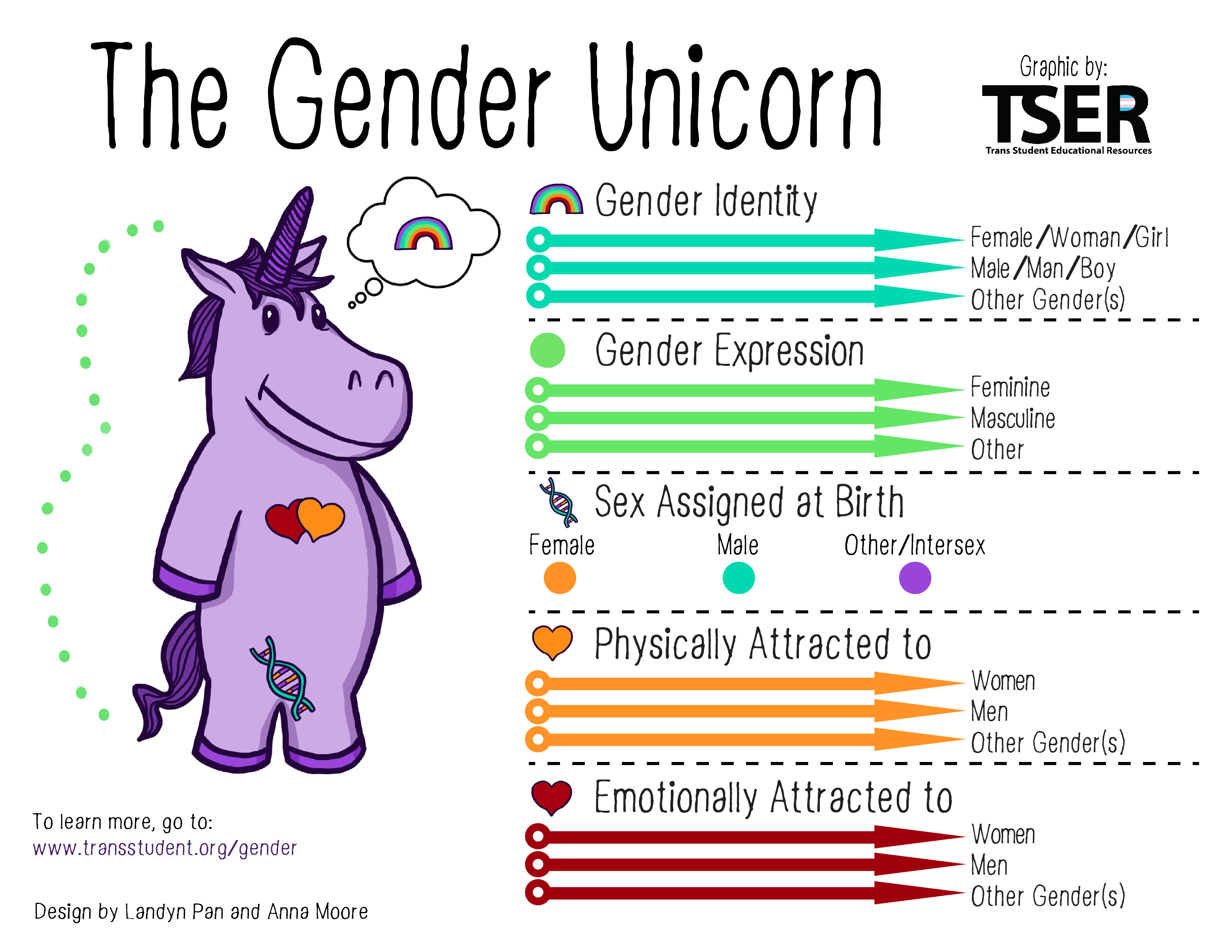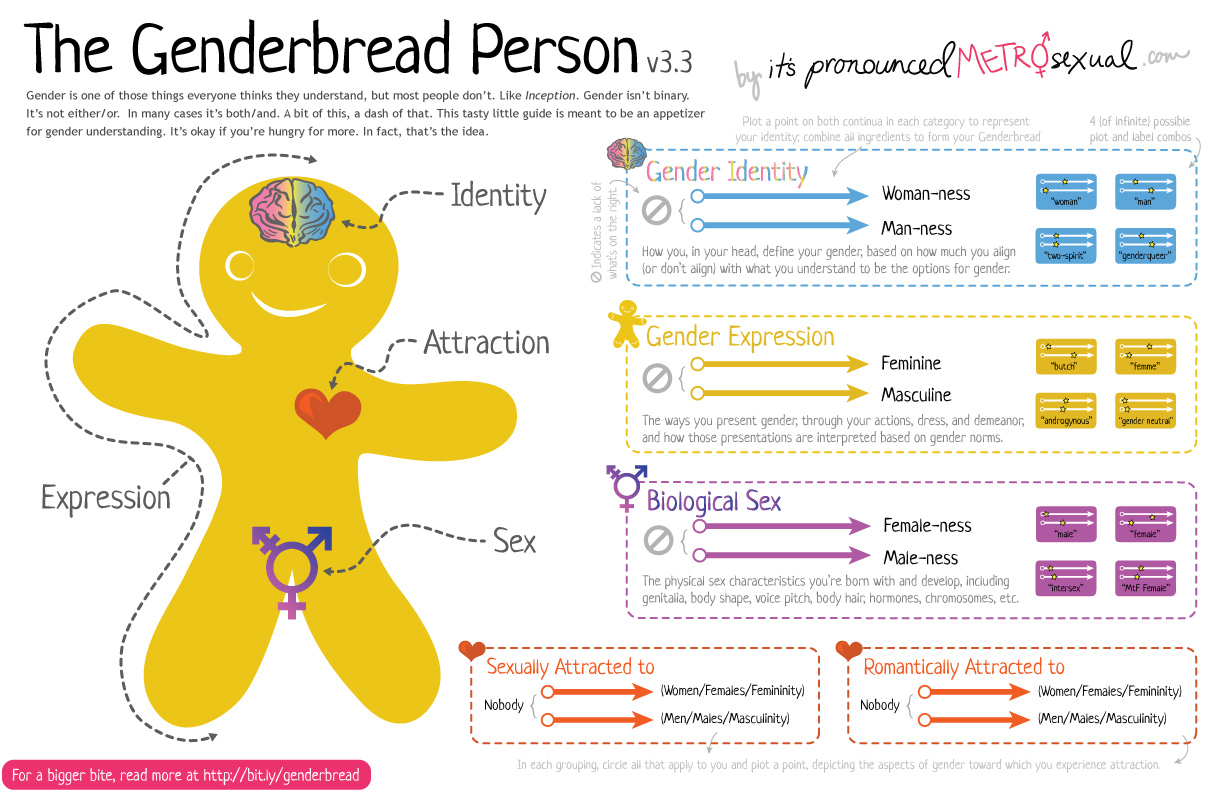Coming out is defined as the process of personally accepting your sexuality and telling others. This experience is different for everyone – some people experience anxiety and pain while others find acceptance easier and liberating.
One of the many fears individuals face when coming out is that their loved ones will reject them and/or stop loving them. Some people have a difficult time accepting that their child or friend is gay, while others are extremely supportive.
As a parent, how you handle your child coming out to you is directly linked to their future well-being. They need your support during this difficult time. Your support can help them build confidence and make healthy decisions. Take a proactive approach and listen, and learn, about their sexuality and identity.
Statistics
- At least 10 million Americans (roughly 4% of the population) identify at LGBT (Williams Institute, 2011)
- 5% of adults self-identify as Lesbian-Gay-Bisexual
- 3% of adults self-identify as Transgender
- Percentage rises as age declines, with over 7% of Millennials (born 1980-1998) identifying as LGBT (Public Religion Research Institute, 2015)
Sexual Orientation
Sexual orientation refers to whom we are attracted to emotionally, physically and spiritually. There are many different identities that people may use including the following:
- Lesbian – woman attracted to women
- Gay – man attracted to men
- Bisexual – attraction to both men and women
- Queer – a more flexible term which may include people attracted to people of multiple genders, affirmed as an activist position, etc.
- Questioning – someone who is exploring their attraction
- Asexual – no attraction
- No labels – for example: sapiosexual, pansexual. homoflexible, heteroflexible, and many more*!
*Visit Trans Student Educational Resources (TSER) for more terminology and definitions.
Gender Identity
Someone who’s gender identity aligns with their sex assigned at birth is referred to as cisgender (i.e. cis-man, cis-woman).
Transgender is someone who’s gender identity does NOT align with their sex assigned at birth.
How do you self-identify your gender?
- Man
- Woman
- Cisgender Woman/Cisgender Man
- Trans-man/Man of transgender experience
- Trans-woman/Woman of transgender experience
- Gender fluid, Gender expansive, Gender exploring, Gender Unicorn**!
**Intersex: According to TSER, Intersex describes a person with a less common combination of hormones, chromosomes, and anatomy that are used to assign sex at birth. Parents and medical professionals usually coercively assign intersex infants a sex and have, in the past, been medically permitted to perform surgical operations to conform the infant’s genitalia to that assignment.
Ways Parents Can Influence the Health of Their LGBT Youth
Family support matters. While all feelings are valid, how we respond to these feels have a real impact on the mental health of your child.
Youth LGBT Statistics
- Over 30% of LGBT youth missed school in the past month because they felt unsafe
- Up to 40% of LGBT youth make up the homeless youth population
- LGB youth are 4x more likely to attempt suicide than non-LGB
If parents highly reject their child after coming out, the outcomes (compared to non-LGBT children) are staggering:
- 8 times more likely to attempt suicide
- 6 times more likely to report high-level depression
- 3 times more likely to use illegal drugs
- 3 times more likely to have risky sex (Ryan, Family Acceptance Project, 2009)
According to the Centers for Disease Control, there are a few research-based steps parents can take to support the health and well-being of their LGBT teen:
Talk and listen. Parents who talk with and listen to their teen in a way that invites an open discussion about sexual orientation can help their teen feel loved and supported. Parents should have honest conversations with their teens about sex, and about how to avoid risky behavior and unsafe or high-risk situations.
Provide support. Parents who take time to come to terms with how they feel about their teen’s sexual orientation will be more able to respond calmly and use respectful language. Parents should develop common goals with their teen, including being healthy and doing well in school.
Stay involved. Parents who make an effort to know their teen’s friends and know what their teen is doing can help their teen stay safe and feel cared about.
Be proactive. Parents can access many organizations and online information resources to learn more about how they can support their LGB teen, other family members, and their teen’s friends.
Resources
Gay, Lesbian, and Bisexual Teens: Facts for Teens and Their Parents
Gay, Lesbian & Straight Education Network (GLSEN): Student Action
Gay-Straight Alliance (GSA) Network
StopBullying.gov: Information for LGBT Youth
Trans Student Educational Resources
The Trevor Project: Crisis Intervention and Suicide Prevention


